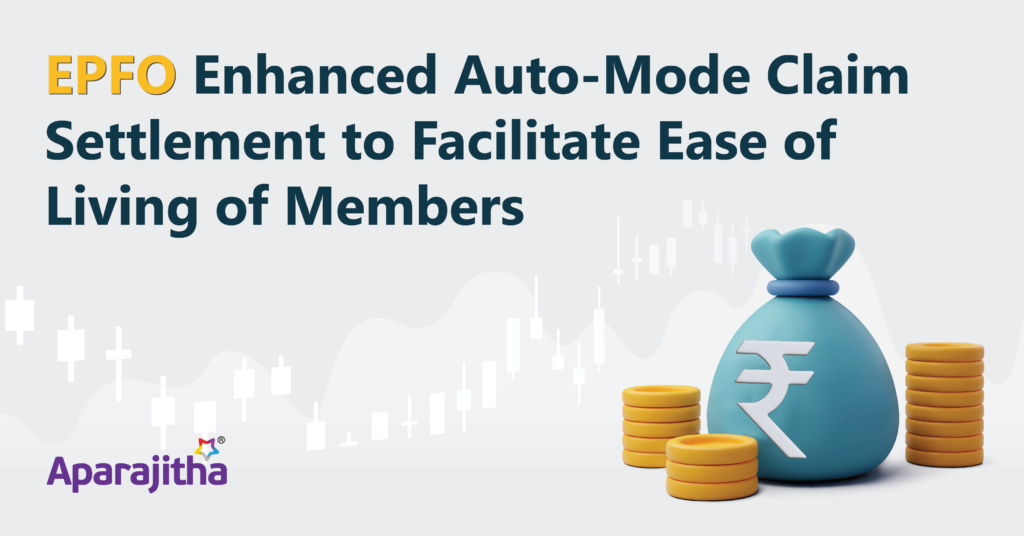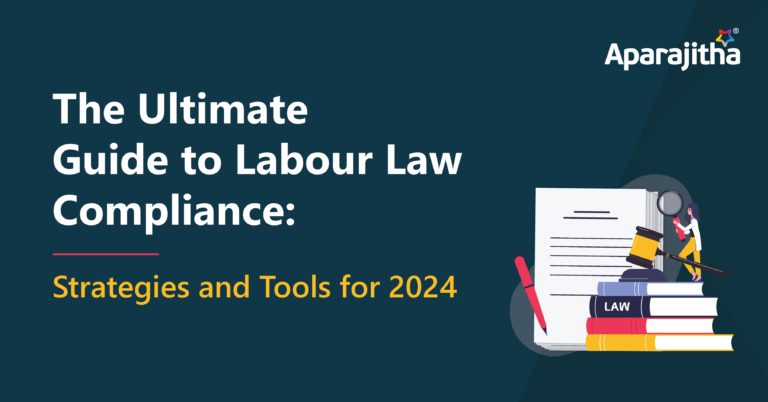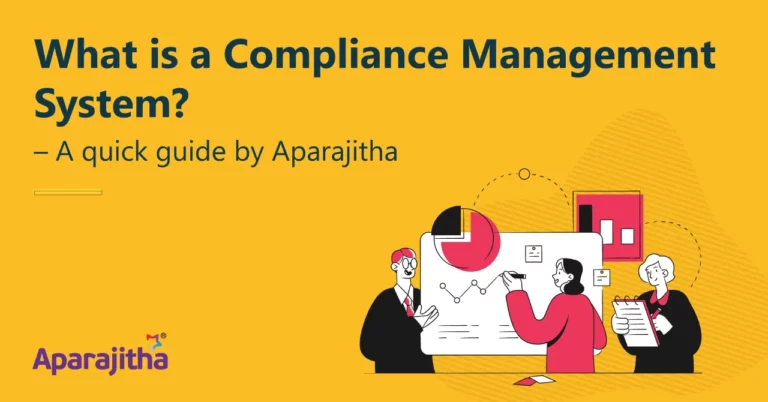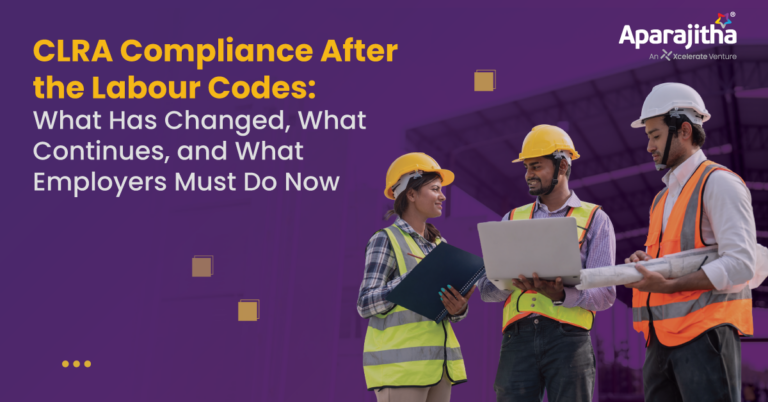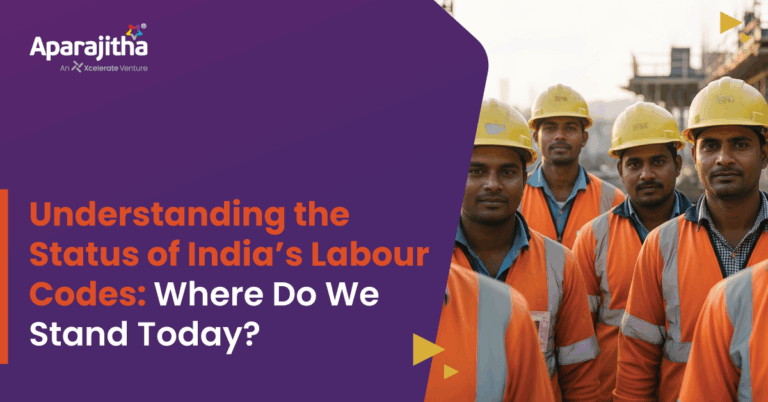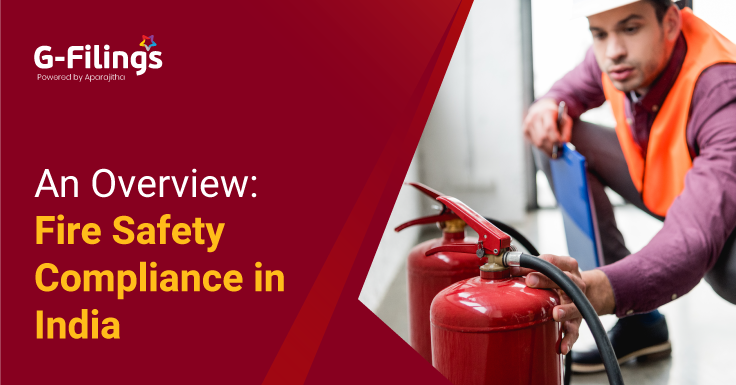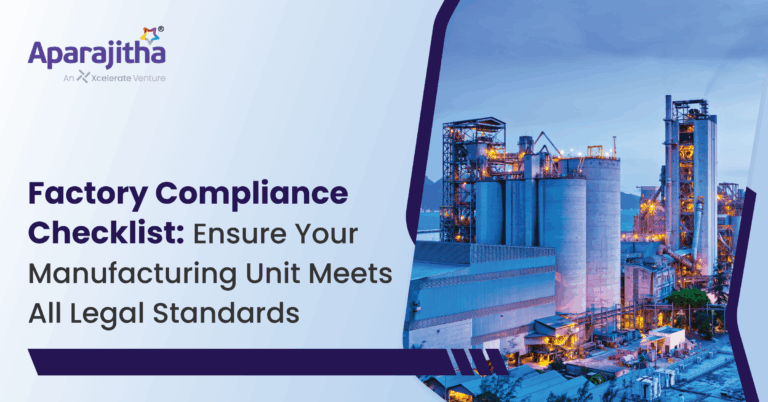The EPF(Employees Provident Fund) scheme is a welfare scheme that came into force to secure the future of employees. Under the Employees’ Provident Fund Scheme (EPF Scheme), employers and employees mandatorily contribute towards the Provident Fund Account (PF account). The amount credited is available to the employee at the time of retirement or exit from employment. However, advance withdrawal can be made from the PF account under certain circumstances, such as illness, housing, education, or marriage.
The number of advance withdrawal requests surged during the COVID-19 outbreak, placing a significant burden on the EPFO, which had to handle thousands of claims every week. To alleviate this situation, the EPFO introduced its first fully automatic claim settlement system. This system, which processes claims automatically without any human intervention, brought a sense of relief to the members of the fund. Nearly 54 per cent of the COVID-19 claims were settled through the auto mode, reducing the settlement period from 10 days to just 3 days. Initially, the auto mode of claim settlement was introduced only for the purpose of advance for illness under para 68J of the scheme. Para 68 J of the Employees Provident Fund Scheme, 1952 allows for the advance withdrawal of the Provident fund for the reasons of illness in certain cases, it can be for the member himself or the family members.
The EPFO, in a bid to keep its members informed and updated, extended the auto claim settlement system to cover education and marriage under Rule 68K and for housing under Rule 68B. This expansion, announced via a press release on 13th May 2024, allows for advance withdrawal in case of marriage or education purposes of the members and their children. Para 68 B permits advance withdrawal of the PF amount when the member needs it to buy or build a house. The EPFO has also enhanced the amount that can be withdrawn under auto claim settlements from Rs.50,000/- to Rs. 1,00,000/-. This enhancement is done to facilitate ease of life for the crores of fund members living in different parts of the country. During the financial year 2023-24, EPFO settled around 4.45 crore claims, out of which more than 60% (2.84 crore) claims were advance claims. Out of the total advance claims settled during the year, around 89.52 lakh claims were settled using auto-mode.
Without the auto mode of claim settlement, the withdrawal process would take 10-20 days for the amount to be credited to the member’s bank account. But in the auto mode, it’s much simpler. The member should have a Universal Account Number (UAN), Aadhar card, pan card, and their bank account should be linked to their UAN. The member shall then access the EPFO online portal and fill out claim form 31 C, providing reasons for the advance withdrawal.
The advance claims will then be settled within 3 days of their receipt by the EPFO. This mode of settlement of claims is much faster because EPFO usually takes some time to process a claim as it checks the eligibility of the EPF member, documents submitted (if any) for claim processing, KYC status of EPF account, valid bank account details, etc. As the auto mode of claim settlement has no human intervention, any claim with KYC, eligibility and bank validation is automatically processed for payment by IT tools. If a claim not validated by the system is not returned or rejected by the system, it means that it has been taken for a second level of scrutiny and approval.

